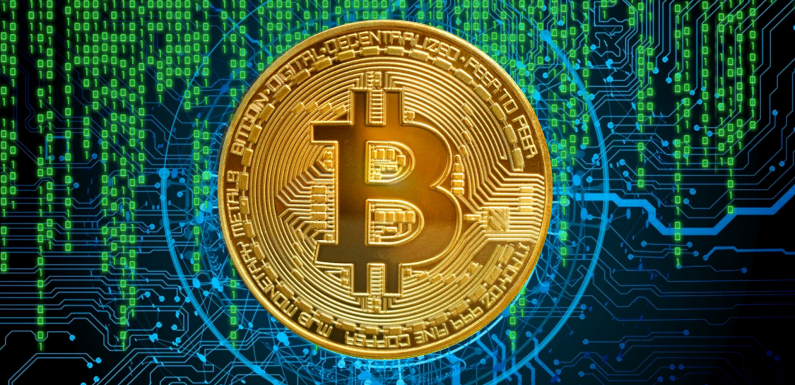
Bitcoin is a revolutionary new electronic currency that has its most ardent supporters and its most vocal critics. It’s worth noting that Bitcoin is not a currency in the traditional sense. Rather, it’s more like a store of value—it can be exchanged for currency, like US dollars. Bitcoin can be traded on exchanges and can also be sent and received over the internet without a payment authority like PayPal, banks, or government institutions being involved.
Bitcoin was created by an unidentified person or group using the assumed name Satoshi Nakamoto in 2009. Since then, digital currency has become a household name in recent years. It’s soared in value, from pennies in 2009 to nearly $20,000 today! But many people still don’t understand what Bitcoin is, how it works, or why so many people are so excited about using it as currency.
Bitcoin is a type of digital currency called cryptocurrency. It is created and used electronically and has no physical form. There are no physical banknotes, coins, or notes in circulation. Bitcoins are stored securely in digital “wallets” that only the owner or people who know the login details can access.
The coin runs on a decentralized public ledger, the Blockchain (the public blockchain, which records Bitcoin transactions online, rather than in centralized ledgers). Coins are created by users through “mining,” a process by which computers solve complex math problems to earn digital money. These complex equations are used to validate transactions of the currency on the network, so by using Bitcoin, more can be made and distributed to miners as a result. This ensures no government or other financial authority can control the currency.
Despite the growing popularity of cryptocurrency, many are still debating whether Bitcoin should be taken seriously as a currency. Some say it should be considered more of a commodity or collectible. Others see bitcoin as a serious fraud risk, without government or financial authority intervention, victims of hackers or fraud have no means to get their coins back. This is because all transactions on the blockchain are permanent.
Bitcoin offers several advantages over traditional currency, including anonymous transactions and high resistance to inflation and counterfeiting. It is impossible to create new coins except by mining them and hackers cannot establish middleman attacks. However, fraudsters simply target naïve users of Bitcoin instead, which is more lucrative and requires less effort than hacking. As a result, millions of USD worth in Bitcoin have been stolen, and rarely a single coin has been recovered to this day.
Bitcoin has also faced criticism due to potential volatility and limitations in transaction volume and speed. The currency’s value can change rapidly on a day-to-day basis, something that does not happen to normal currencies except in times of exceptional political and financial turmoil.
Though standard currencies are not without flaws either. First, money as currency is prone to inflation, where the value of the money decreases over time as more wealth is accrued. Second, money as currency is controlled by a central authority, in this case, a government, which can decide on a whim to devalue or destroy the currency.
Banks have been created in a hierarchical manner. Money is controlled by the National Central Bank. Central banks control the money supply and inflation. Central banks dictate what currency is used for money. Bitcoin eliminates this hierarchy. It allows the user to control their own money. The banking industry controls taxes, inflation, and money. Bitcoin eliminates this. Bitcoin is decentralized. It has peer-to-peer transactions, so money isn’t controlled by banks. Is Bitcoin perfect? I don’t think so, but it is a good start to perhaps create a better transactional system.
Cryptocurrency and Bitcoin have changed the way we think of money and banking, but not everyone is sure it’s here to stay. Only time and future developments will tell.
